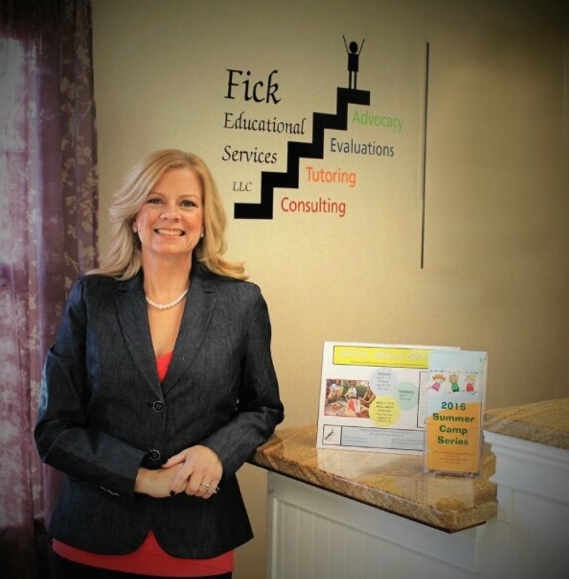What will the job force look like in 10 years? What skills will be most marketable in 10 years? In an ever changing world, none of us truly know the answers to these questions! With the increasing shift to automated processes as well as developments in virtual reality and artificial intelligence, it is hard to predict how drastically job skills will evolve. What we do know, though, is that the skills needed in a job market that is constantly evolving don’t focus so much on knowledge as they do on process. In other words, it is okay not to know facts, but knowing how to find them out is critical.
In the classroom, this skill is developed in two ways: by encouraging students to think deeply about a topic and then use technology to discover solutions. When our children have a question, are we quick to answer it, or do we let them stew over it a bit first? If we jump to an immediate answer, we are doing them a disservice. By allowing them to sit for a bit in the uncomfortable space of unknowing, we encourage them to take ownership of their own learning. This doesn’t mean we leave them confused and say, “You figure it out!” Parents or teachers can provide tools and supports without providing the answers. Teaching how to use technology to find out answers in written or video form offers a tool to learn just about anything. You may have seen in the news how an eight-year-old in Ohio learned to drive by watching YouTube and then drove his sister to McDonalds for a late night snack!
This discovery process can be time-consuming, but the time is well spent. As students think (and, yes, even squirm a bit!), they are practicing real life skills. When it comes time to working a job, an employee with the initiative to find out answers to their questions has an advantage over one that possesses a specific skill set but doesn’t know how to use that skill set in a real life setting because they’ve never had to practice problem solving.
Our philosophy at Fick Educational Services espouses the belief that students don’t benefit most from being given answers; they benefit most from being given opportunities and assistance in discovering those answers. It’s intense and gets results.
As graduations draw near for some of our students, we are well aware of the pressure to pick a career path. It would be wonderful if there were a simple answer to be given to the question of what to be: “You are to become a doctor… a teacher… a lawyer.” What if we focused, instead, on practicing critical thinking and problem solving as well as teaching technology skills that will assist them in almost any career path?

 Fick Educational Services is devoted to the educational needs of the children through individualized learning plans, tutoring and advocacy.
Fick Educational Services is devoted to the educational needs of the children through individualized learning plans, tutoring and advocacy.

